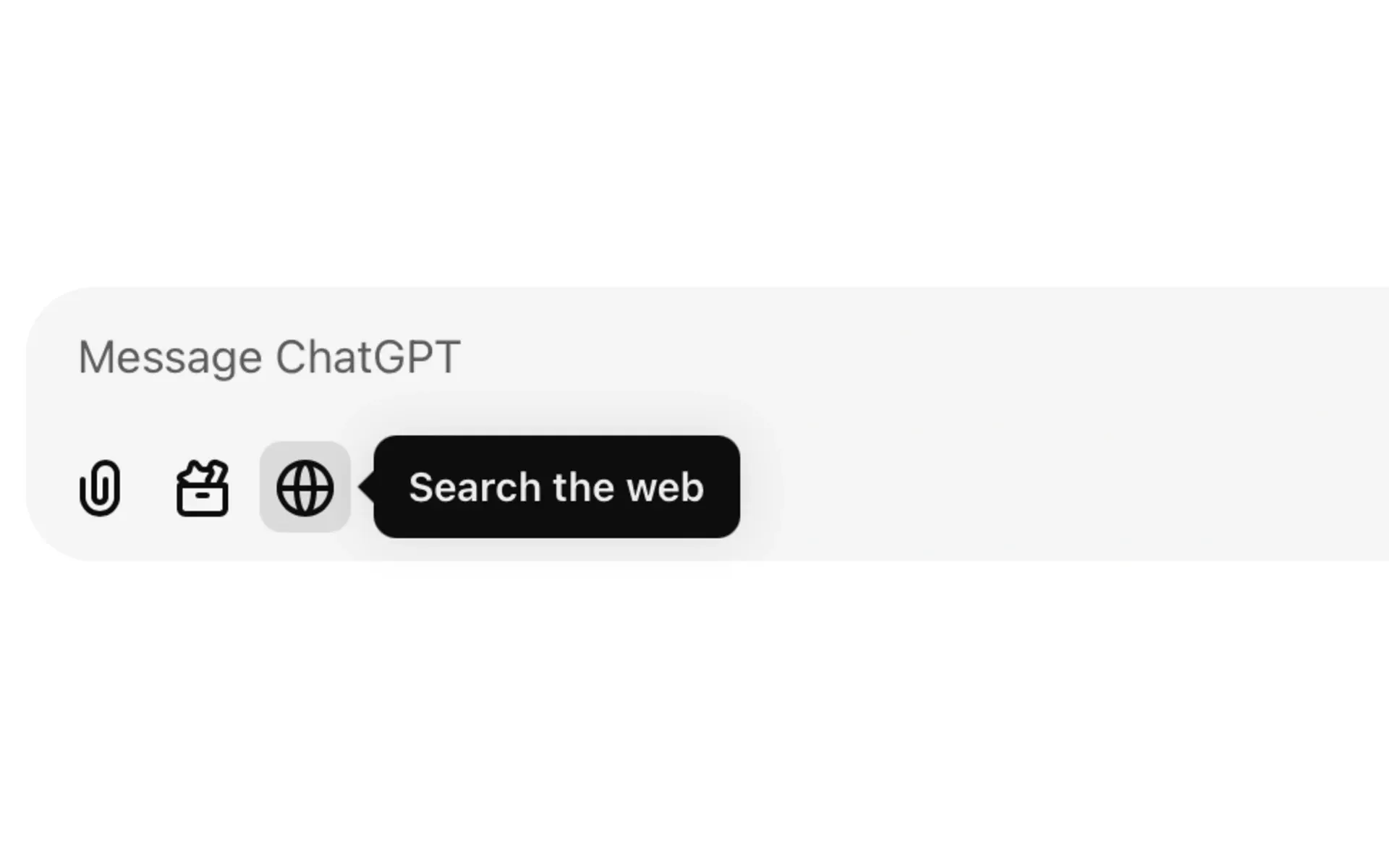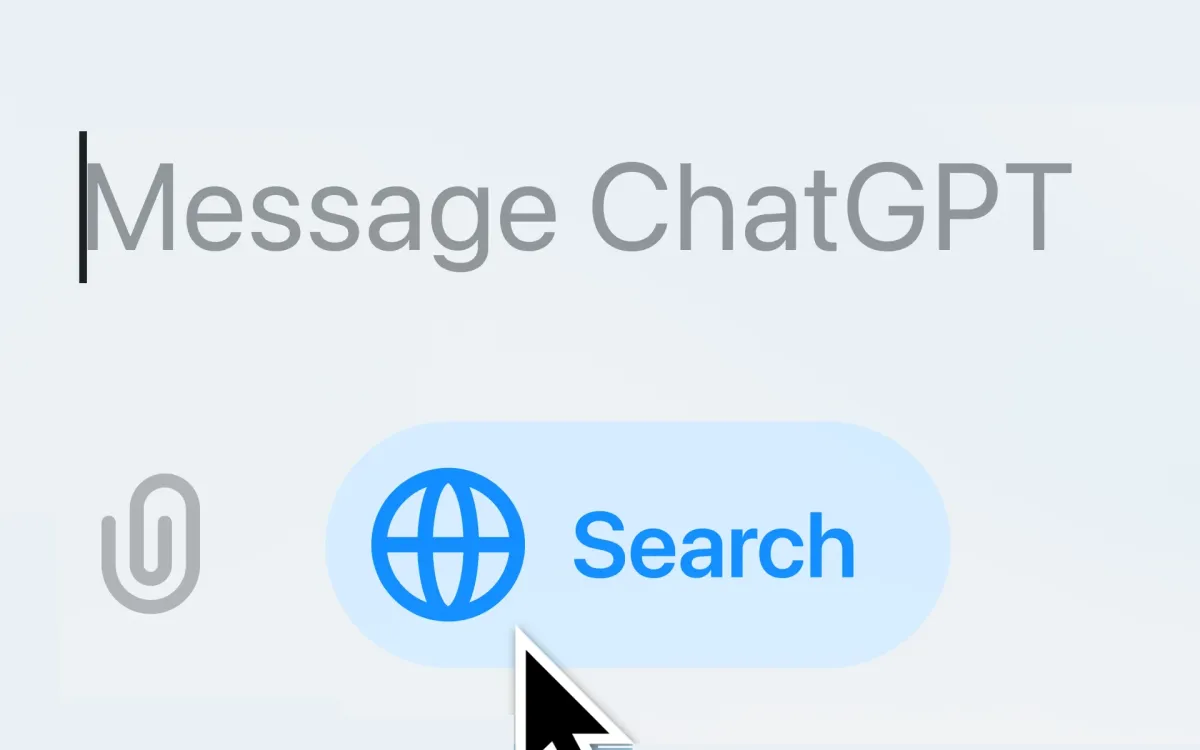ChatGPT search expands to free users globally as OpenAI enhances capabilities
OpenAI brings real-time web search to hundreds of millions of users while adding voice integration and mobile improvements.

OpenAI this week announced the global rollout of ChatGPT search capabilities to all logged-in free users, marking a significant expansion of the artificial intelligence chatbot's ability to access and process real-time information from the web. The announcement comes two months after the initial launch of search features for paid subscribers.
According to Kevin Weil, OpenAI's Chief Product Officer, the company is implementing three major updates to ChatGPT's search functionality. "We've been listening to user feedback over the last couple months and have made search better," Weil stated during the announcement. "It's faster, it's better on mobile, and there are new maps experiences."
The enhanced search capabilities allow ChatGPT to automatically determine when a query requires current information from the web. Users can also manually trigger web searches through a dedicated search icon in the interface. The system provides source attribution and rich visual content directly within the chat interface.
A key component of today's release is the integration of search capabilities with ChatGPT's recently launched Advanced Voice Mode. According to Christina Scheau, who leads engineering and applied research for search technology at OpenAI, users will be able to access up-to-date web information through natural voice conversations with ChatGPT. This integration will roll out to users over the next week.

OpenAI has significantly improved the mobile experience for ChatGPT search based on user feedback. Adam Fry, product lead for search at OpenAI, demonstrated new features including enhanced business information displays and native map integration for location-based queries.
The mobile interface now provides detailed business information including operating hours, contact details, and rich visual content. Users can access native map integration through both iOS and Android apps, allowing them to explore local businesses and get directions directly within ChatGPT.
For users who want to use ChatGPT as their default search engine, OpenAI has implemented faster web navigation capabilities. The system now provides quicker access to frequently visited websites and presents relevant links prominently in search results.
According to Weil, these improvements address user feedback about search speed. The updates include optimized link presentation and streamlined navigation to common web destinations. Users can set ChatGPT as their default search engine through browser settings.
While ChatGPT remains accessible without an account, the new search features require users to log in. "You don't need an account to use ChatGPT, you can just come and get started, but some of our best features like search and canvas you do need an account for," Weil explained.
Logged-in free users will receive higher rate limits compared to anonymous users, providing a more robust experience with the new search capabilities. The global rollout begins today and will be available across all platforms where ChatGPT is accessible.

The search functionality leverages multiple services to provide comprehensive results. ChatGPT automatically evaluates whether queries require current information and can access real-time data about events, business operations, and other time-sensitive information.
The system includes built-in source attribution, displaying where information comes from and providing links to original sources. Rich visual content, including images and business information cards, is integrated directly into chat responses.
OpenAI's announcement suggests continued development of search capabilities, with particular focus on mobile optimization and voice integration. The company emphasized its commitment to incorporating user feedback in future updates.
These developments come as part of OpenAI's broader strategy to enhance ChatGPT's capabilities across platforms. The company plans to provide additional updates on developer-focused features in an upcoming announcement scheduled for tomorrow.



